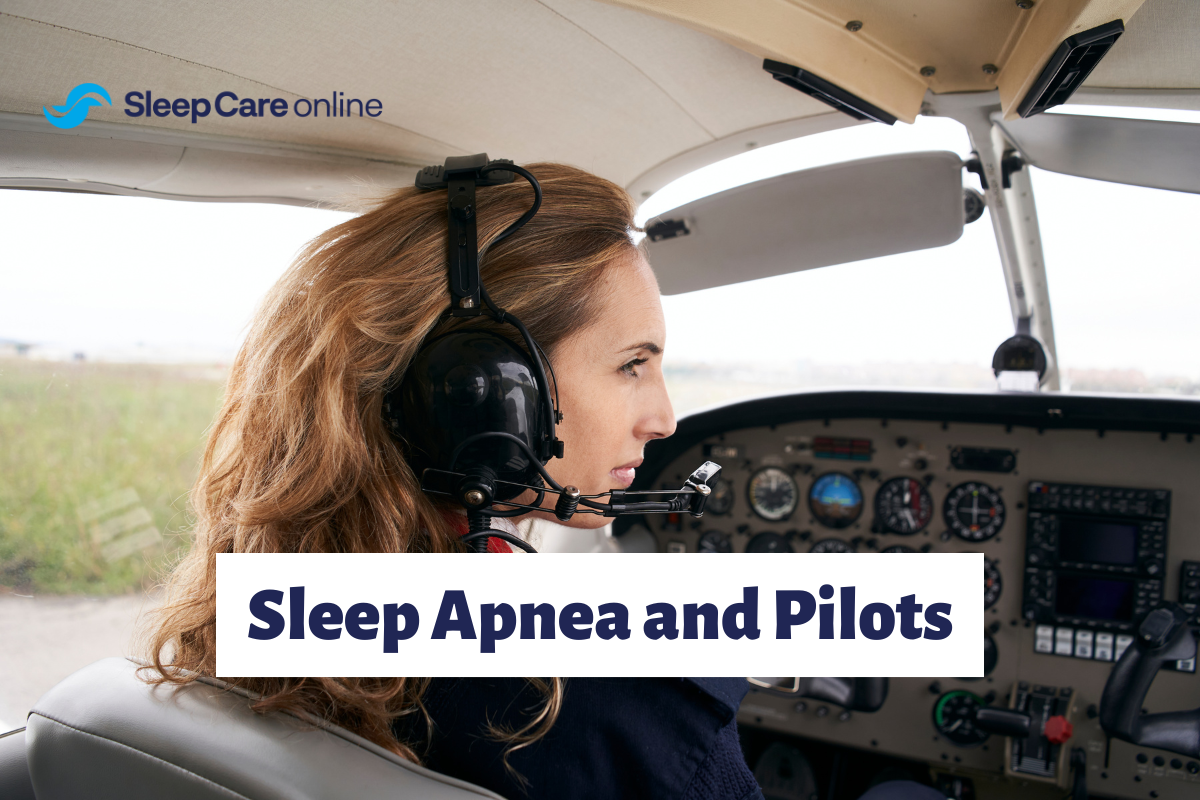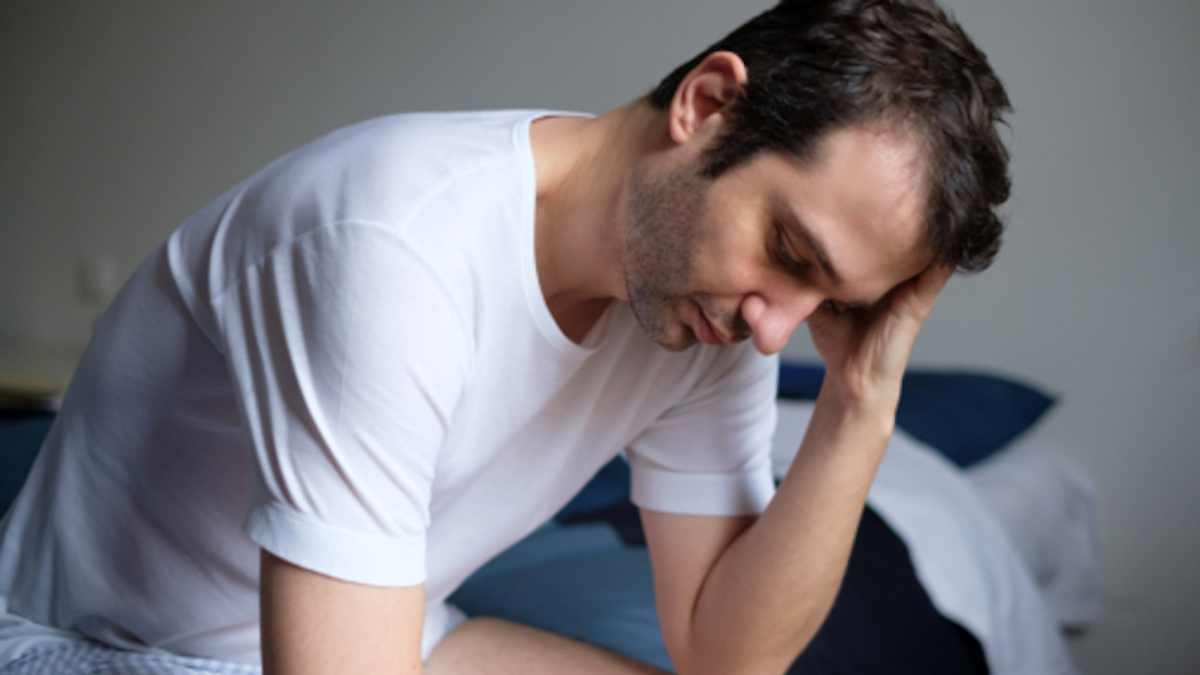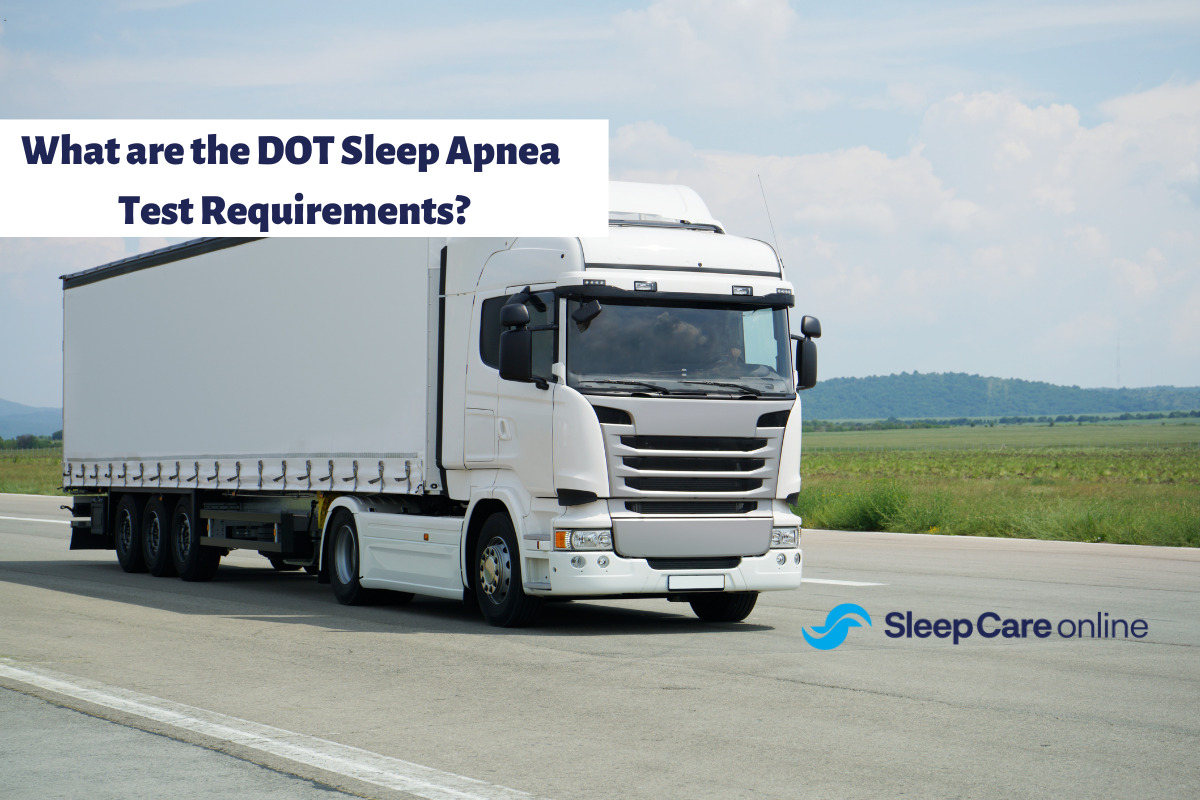Key Takeaways:
- Although sleep apnea can be disqualifying for pilots, it doesn’t have to stop someone from pursuing their career.
- The Federal Aviation Administration (FAA) requires pilots to be tested and treated for obstructive sleep apnea to ensure safety while flying an aircraft.
- Also, The FAA enforces strict sleeping schedules so that pilots are well-rested when they need to fly again. Learn more about sleep for pilots in this article.
While a good night’s sleep is necessary for all of us to stay healthy, pilots must get the sleep they need. Many pilots face erratic and lengthy flight schedules, disruptions to their natural sleep patterns, and the demand to function while suffering from sleep loss.
The Dangers of Sleep Deprivation for Pilots

Symptoms of Sleep Apnea
- Drowsiness during the day, even after waking up
- Morning headaches and dry mouth
- Episodes of gasping for air during sleep
- Loud snoring
- Irritability and poor attention during your waking hours
- Poor memory
- Mood swings
- Increased likelihood of accidents or injuries
- Unexplained feelings of depression and anxiety
How Does Sleep Loss Affect Pilots?
While commercial airline technology helps reduce pilot error, a pilot still needs the alertness and concentration to adapt to changing flight conditions. Fatigue can cause confusion, especially for pilots on international flights where time zones can affect sleep schedules. Sleep loss reduces response time and reasoning. This can lead to poor decision-making incorrect responses or delayed responses to critical flight operations.
What are the Rules for Pilots Getting Sleep?
The Federal Aviation Administration is aware of fatigued pilot problems and has enforced strict sleep schedules vs. flight schedules for pilots. A minimum of 10 hours of rest is required between shifts. The pilot must have 8 hours of sleep during this period. Pilots must also have 30 consecutive hours of rest each week.
When Do Pilots Sleep?
While there are regulations governing how much rest pilots get off-duty, there are also regulated opportunities for pilots to get the rest they need while in flight. Under certain conditions, pilots can have controlled rest or bunk rest during a flight.
Controlled Rest
Controlled rest is allowed for pilots during periods of a less demanding flight. The controlled rest period is about 10-20 minutes. It can only occur when a co-pilot is awake and alert to oversee the operations of the flight. This power nap can help a pilot revive their alertness levels during a high-altitude cruise which is typically operated by auto-pilot.
The controlled rest can give the pilot the focus needed for higher-demand flight activities such as takeoffs and landings when full concentration is required most.
Bunk Rest
Bunk rest is another opportunity for a pilot to restore themselves to much-needed sleep in flight. Bunks on the airplane are available for pilots on long-haul flights where the plane and crew are in the air for many hours. The pilot and co-pilot take shifts allowing one to gain several hours of sleep while the other mans the operation of the plane.
However, for pilots suffering from a sleep disorder such as sleep apnea, getting enough rest may not always happen, even when prescribed by the FAA off-duty or with opportunities to sleep during the flight.
How Sleep Apnea Affects Pilots
While a pilot may try to get the sleep they need, sleep apnea may be leaving them sleep-deprived without them knowing it.
Obstructive sleep apnea (OSA) causes the airway to close periodically while you sleep, causing a disruption in breathing that wakes you up throughout the night. These frequent “apneas” can add up to lost sleep. Pilots may assume their fatigue is typical of what many pilots experience as part of the job but may be experiencing the consequences of sleep apnea.
How Pilots Can Get Tested For Sleep Apnea
If a pilot experiences any of these symptoms or feels that their sleep loss is more than just flight fatigue, they can get tested for sleep apnea. Home sleep apnea tests are easy with Sleep Care Online.
- With the Complete Care Package, schedule a 10-minute telehealth visit with a healthcare provider to discuss your symptoms, upcoming sleep study, test results, and treatment options.
- A multi-night, disposable home sleep apnea test is mailed to your home to be completed at your convenience.
- A physician analyzes the sleep data and provides a prescription if needed.
- Schedule an optional follow-up appointment (additional fee applies).
- We connect you to sleep experts who can offer customized sleep therapy options, assistance in equipment purchase, and initial set-up.
References
- Jackson, C. A., and Earl, L. (2006). Prevalence of fatigue among commercial pilots. Occup. Med. 56, 263–268.

Dr. Kunal Agarwal is a highly accomplished board-certified physician specializing in Family Medicine, Sleep Medicine, and Obesity Medicine. He completed his residency at Michigan State University and a fellowship at Henry Ford Health System, and has over a decade of experience delivering exceptional patient outcomes. Dr. Argarwal is passionate about patient education and advocacy, sleep disorders, and more. His expertise in treating sleep apnea is extremely valuable to improve his patients’ lives.
Awards, Honors, & Recognition
Top Doctor
SRQ Magazine and Sarasota Magazine, 2023-2024
Fellow of American Academy of Sleep Medicine (FAASM)
American Academy of Sleep Medicine, 2021
Named “Top Doctor” for 2017, 2018 (on cover), 2019,and 2020 by Delaware Today Magazine
2017-2020




